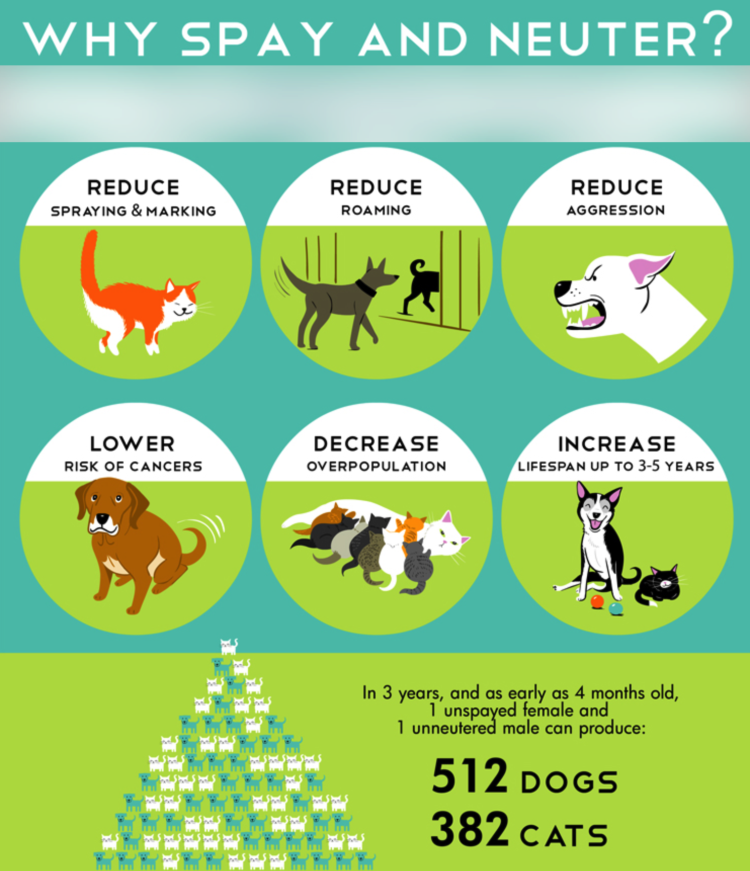The Importance of Understanding and Managing Feline Estrus
Feline Estrus and Behavior:
- During estrus (heat), cats can exhibit manic behavior, including urinating everywhere, growling at night, and damaging furniture.
- Cats also experience emotional changes, aggression, and fluctuating appetites, which can distress both the cat and the owner.
- The urge to mate may lead to risky behaviors like attempting to escape through windows or doors.
Population Control:
- The reproductive capacity of cats can lead to a rapid increase in their population.
- Uncontrolled breeding often results in many cats being abandoned, facing tragic ends.
- It’s crucial to take responsibility for the lives of cats and prevent the birth of unwanted kittens.
Health Risks Associated with Estrus:
- Frequent estrus without breeding can lead to reproductive system diseases in cats.
- Female cats are at risk of ovarian, uterine, and mammary gland diseases, while males may suffer from reproductive organ and urethral issues.
- Neutering can significantly reduce these health risks and prevent cancer associated with mammary tumors.
Benefits of Neutering:
- Neutering alleviates the stress and discomfort caused by estrus.
- It contributes to a more stable and healthy living environment for the cat.
- Cats neutered at an appropriate age, typically between 6-8 months, recover faster and are less likely to develop related diseases.
- Neutered cats often retain a more innocent and cheerful disposition, leading to a harmonious living situation and fewer conflicts.























































